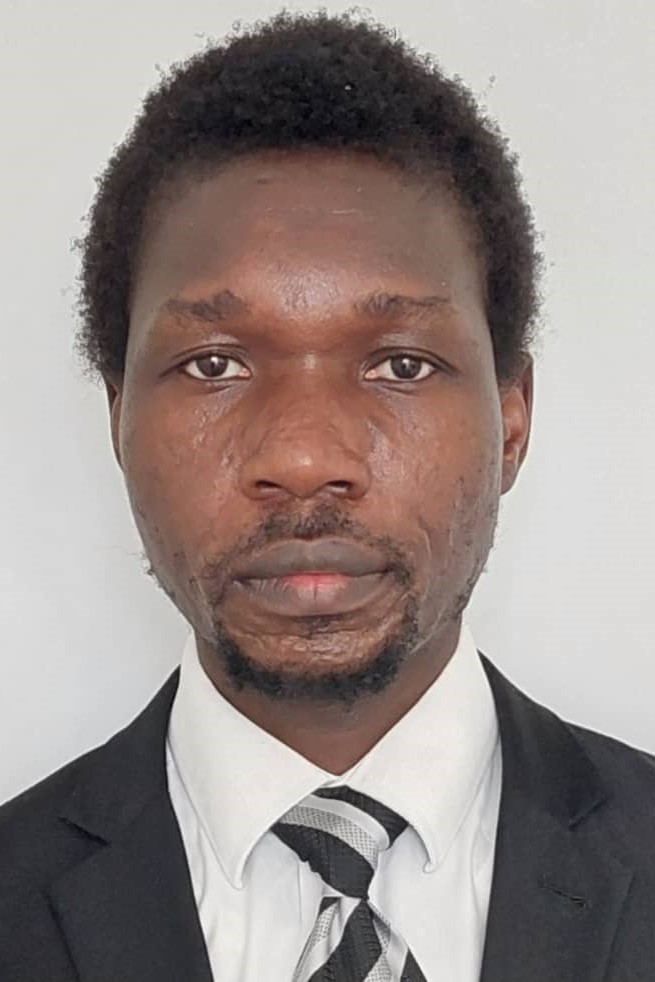Dr. Aku Stephen Antombikums specialises in the analytic philosophy of religion, analytic theology, and systematic theology. He received his PhD in analytic philosophy of religion at the Vrije Universiteit Amsterdam in 2022. He was a short-term postdoctoral researcher at the Vrije Universiteit, Amsterdam (2023), collaborating on the theme of discerning divine presence. He is currently a research associate at the University of Pretoria, South Africa.
Dr Aku’s research interest centres mainly on the existential problem of evil orchestrated by human freedom. His recent publications include Divine Omnipresence and Human Suffering (Philosophia Reformata 2024), Are Religious Experiences Immediate Revelations? A Study of Pentecostal Hermeneutics (Verbum et Ecclesia 2024), Divine Presence and Absence: A Theodicy of Narrative Analytic Theology (Verbutm et Ecclesia 2024), I Thought You Were My Brother: Christian Dilemmas Amidst Religious Persecution (Forth-coming), Is Embracing Metaphysical Determinism or Free Will a Better Response to Suffering? (Forth-coming chapter: Virtuous and Vicious Responses to Tragedy) and Divine Providence Amid Ecological Crises: A Nigerian Perspective (Forth-coming chapter: Making Room for the Story to Continue? An Earthed Faith: Telling the Story amid the “Anthropocene.”) He has a forthcoming monograph entitled Divine Control, Human Agency and the Problem of Evil.
In the coming year, Dr Aku will be working on Autonomy, Theonomy and Moral Accountability in the Context of Religious Extremism in Nigeria. As a victim of religious extremism, this project aims to examine how sacred texts have been manipulated in the extreme dehumanisation of religious minorities. The research will, among many, address questions like: How can a better understanding of the relationship between causally/determined and freely executed actions provide exciting avenues for exploring the problem of moral evil, especially in the context of religious extremism? What implications does theonomy have for moral accountability? Does theonomy encourage the dehumanisation of people as a form of religious duty? In other words, what are the ethics and motivations for religious fundamentalism and extremism, given the notion of theonomy?

